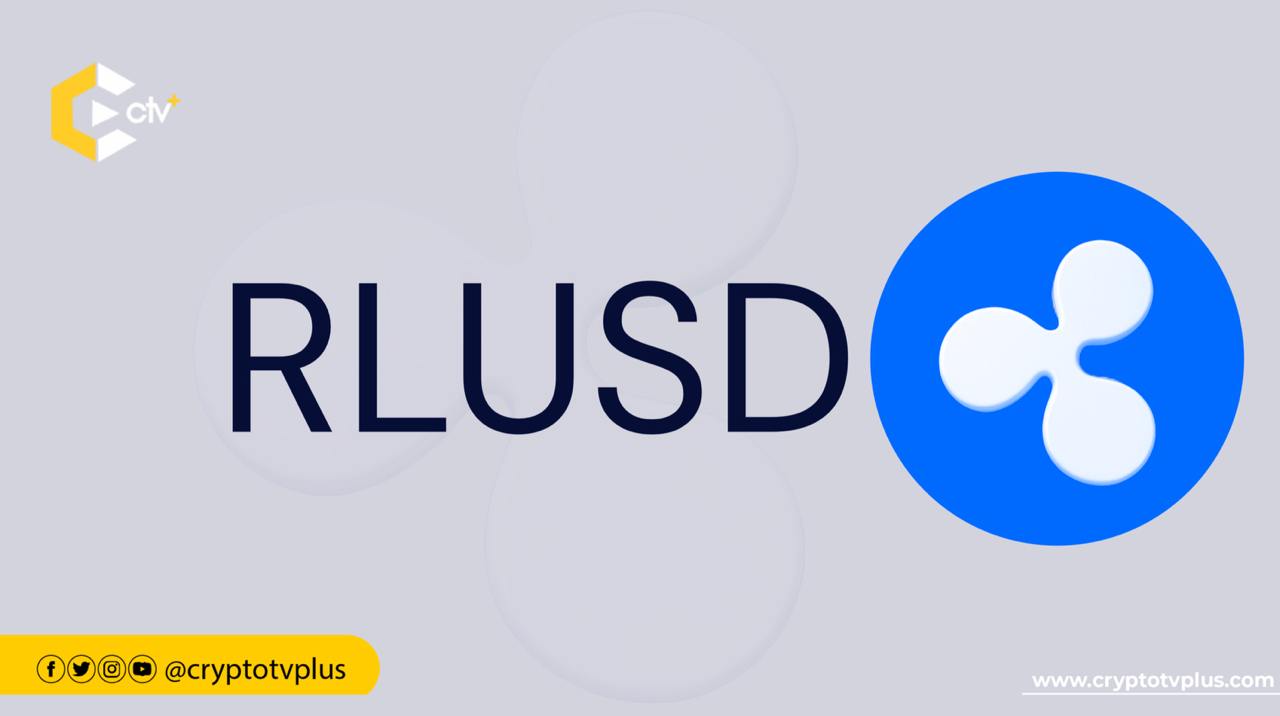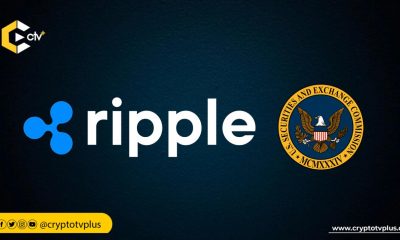News
RLUSD integrates RLUSD stablecoin into Ripple Payments
RLUSD is now available to over 10 million users on the Kraken exchange.

Ripple’s stablecoin RLUSD is now available on Ripple Payments for institutional money transfers. This move brings Ripple closer to its goal of being an alternative to traditional systems like SWIFT for cross-border transactions.
Ripple Payments is a financial technology solution developed by Ripple to facilitate fast, cost-effective, and reliable cross-border payments. It uses blockchain technology and Ripple’s native cryptocurrency, XRP, to streamline international money transfers for banks, financial institutions, and payment providers.
Ripple Payments (formerly known as RippleNet) aims to replace or enhance traditional systems like SWIFT (Society for Worldwide Interbank Financial Telecommunication), which can be slow and expensive.
RLUSD is a stablecoin backed by the US dollar, created by Ripple with a focus on trust, compliance, and efficiency. Since its launch in December 2024, RLUSD has grown to a market capitalization of approximately $250 million, according to Ripple.
Ripple Payments processes billions of dollars in transactions, and adding RLUSD improves cross-border payments. Unlike most stablecoins designed for everyday users, RLUSD is built for enterprises.
Currently, BKK Forex and iSend use RLUSD to improve their cross-border treasury operations. Ripple plans to expand its use to even more payment customers over time.
In addition to making RLUSD available through Ripple Payments, Ripple announced that RLUSD is now live for trading on Kraken. Ripple USD (RLUSD) is supported by 15 exchanges. These include Uphold, Bitstamp, Bitso, MoonPay, Independent Reserve, CoinMENA, Bullish, Zero Hash, Revolut, Archax, JST Digital, MB, LMAX, and B2C2.
Jack McDonald, Ripple’s Senior Vice President of Stablecoins, stated that RLUSD’s market cap is growing faster than anticipated. He observed that businesses are using RLUSD for trading, as collateral, and even for donations. Additionally, more exchanges are listing RLUSD, and Ripple is assisting nonprofits in using it for easier transactions.
Over the past year, Ripple and its cryptocurrency, XRP, have experienced a mix of positive and negative events.
Ripple secured a significant legal victory against the U.S. Securities and Exchange Commission (SEC). A court ruled that selling XRP on public exchanges does not classify it as a security. This decision boosted investor confidence and paved the way for wider adoption.
XRP’s price surged dramatically, reaching its highest levels in years. More financial institutions are now using XRP for cross-border payments. These include Tranglo, a remittance company in Southeast Asia; SBI Remit, a Japanese remittance provider; and Frankenmuth Credit Union, a U.S.-based financial institution that allows members to buy and sell XRP.
























